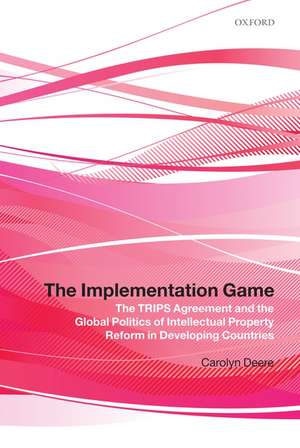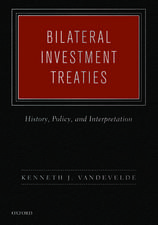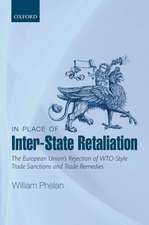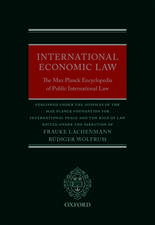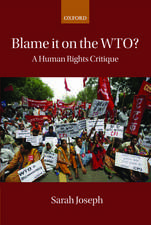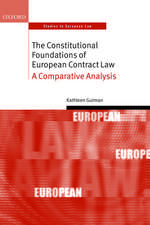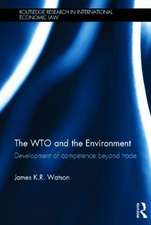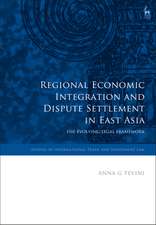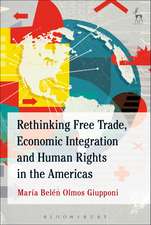The Implementation Game: The TRIPS Agreement and the Global Politics of Intellectual Property Reform in Developing Countries
Autor Carolyn Deereen Limba Engleză Hardback – 30 oct 2008
| Toate formatele și edițiile | Preț | Express |
|---|---|---|
| Paperback (1) | 328.50 lei 31-37 zile | |
| OUP OXFORD – 15 iun 2011 | 328.50 lei 31-37 zile | |
| Hardback (1) | 591.63 lei 31-37 zile | |
| OUP OXFORD – 30 oct 2008 | 591.63 lei 31-37 zile |
Preț: 591.63 lei
Preț vechi: 844.48 lei
-30% Nou
Puncte Express: 887
Preț estimativ în valută:
113.21€ • 118.52$ • 93.67£
113.21€ • 118.52$ • 93.67£
Carte tipărită la comandă
Livrare economică 26 martie-01 aprilie
Preluare comenzi: 021 569.72.76
Specificații
ISBN-13: 9780199550616
ISBN-10: 0199550611
Pagini: 428
Dimensiuni: 163 x 241 x 30 mm
Greutate: 0.79 kg
Ediția:New.
Editura: OUP OXFORD
Colecția OUP Oxford
Locul publicării:Oxford, United Kingdom
ISBN-10: 0199550611
Pagini: 428
Dimensiuni: 163 x 241 x 30 mm
Greutate: 0.79 kg
Ediția:New.
Editura: OUP OXFORD
Colecția OUP Oxford
Locul publicării:Oxford, United Kingdom
Notă biografică
Dr. Carolyn Deere is the Director of the Global Trade Governance Project at the Global Economic Governance Programme, University College, Oxford. She is also a Senior Research Associate at Oxford University's Centre for International Studies. Dr. Deere is the founder and Chair of the Board of Intellectual Property Watch - the leading news service on international intellectual property policymaking. She is also a Resident Scholar at the International Centre for Trade and Sustainable Development (ICTSD) in Geneva, Switzerland. Dr. Deere's publications include 'Greening the Americas: NAFTA's Lessons for Hemispheric Trade' (co-edited with Dan Esty, MIT Press, 2001). She holds a DPhil in International Relations (University College, Oxford), an MA in International Relations (Johns Hopkins University School of Advanced International Studies (SAIS)), and a degree in political economy from the University of Sydney.
